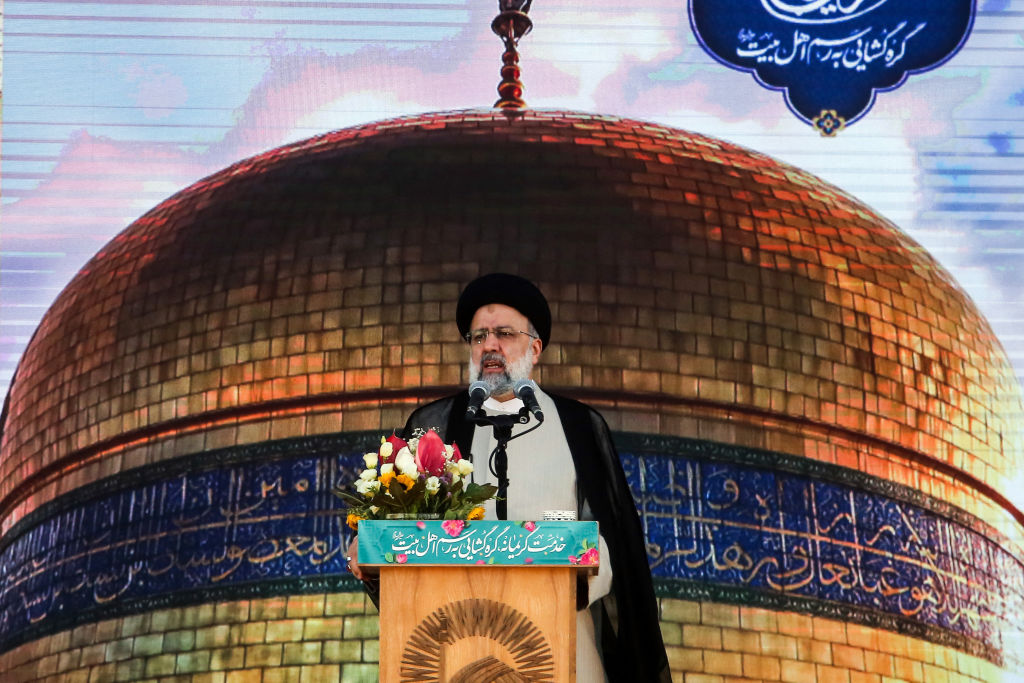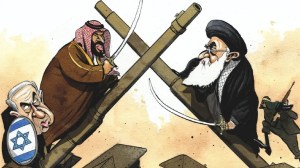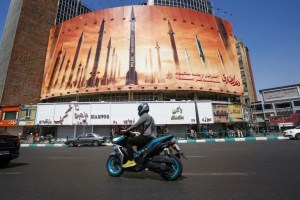At the beginning of the year Mike Pompeo was forced to hastily cancel a diplomatic trip to Europe, reportedly after top EU officials refused to meet with him following the storming of the Capitol. In the aftermath of the event, Luxembourg’s foreign minister suggested that Trump was a ‘political pyromaniac’ and his secretary of state soon found that the United States was no longer a welcome presence in the hallowed halls of Brussels.
If that was how the European Union admonished America — arguably the most important democracy in the world — imagine the treatment it planned to dole out to the world’s tyrants and dictators this year. Disappointingly though, it appears that the bloc is rather more willing to sweep bad behavior in other parts of the world under the rug.
This week, it was confirmed by the EU that it will send a senior official to the inauguration of Ebrahim Raisi, the soon to be president of the Iranian Republic. Enrique Mora, deputy secretary-general of the EU’s diplomatic service, will attend the glorious shindig, which will see the ultra-conservative Raisi confirmed by the Iranian parliament on Thursday — after he today received the blessing of the Supreme Leader Ayatollah Ali Khamenei.
A spokeswoman for the EU explained that the bloc was sending a representative, because:
‘It is crucial to engage diplomatically with the new administration and to pass directly important messages.’
Cockburn can see why the EU focused on the importance of diplomatic engagement, while skirting over Raisi’s bloody reputation. In 1988, Raisi was deputy prosecutor general and a prominent member of Iran’s ‘death committee’ which oversaw the executions of thousands of political prisoners under the orders of the Ayatollah Khomeini. So many were sentenced to death that forklift trucks were reportedly used to hang six prisoners at a time from cranes. It was during this period that Raisi was given the moniker, the ‘butcher of Tehran’.
EU Commission president Ursula von der Leyen promised in her state of the union address last year to ‘call out human rights abuses whenever and wherever they occur’. Clearly those principles do not apply when it comes to the Islamic Republic of Iran…
This article was originally published on The Spectator’s UK website.


















